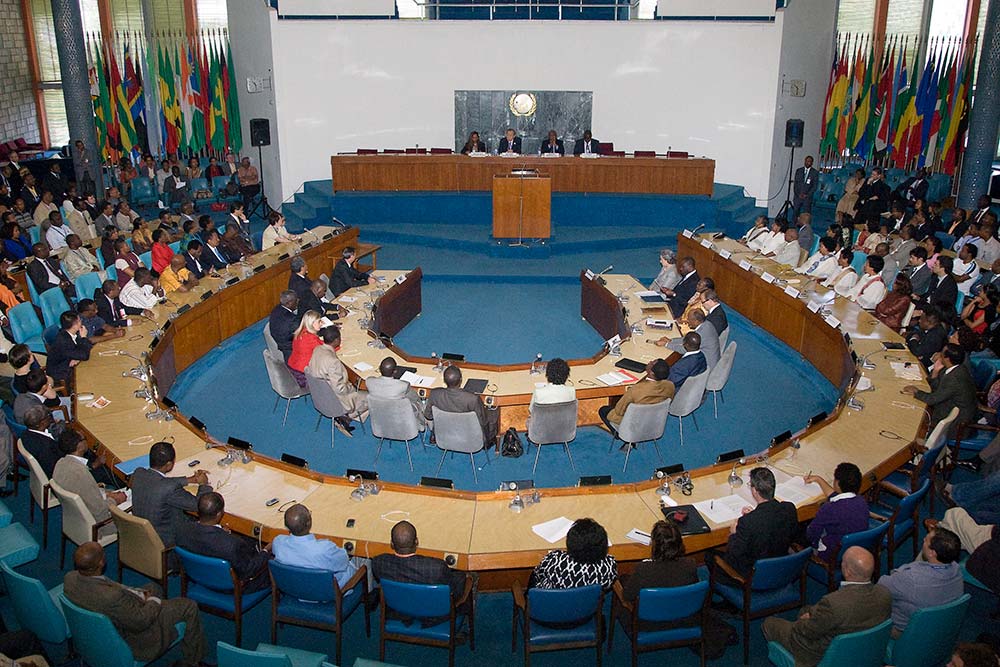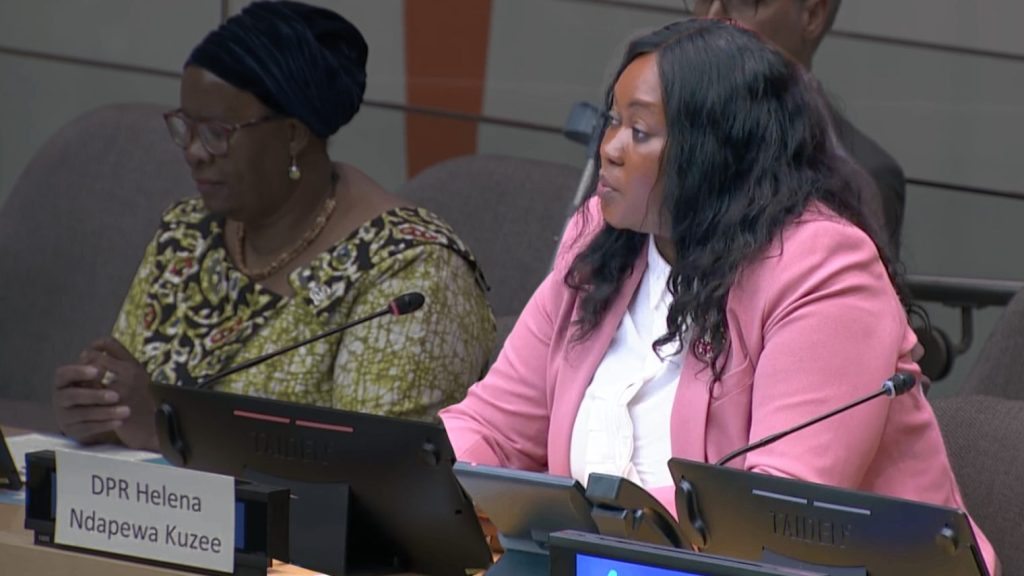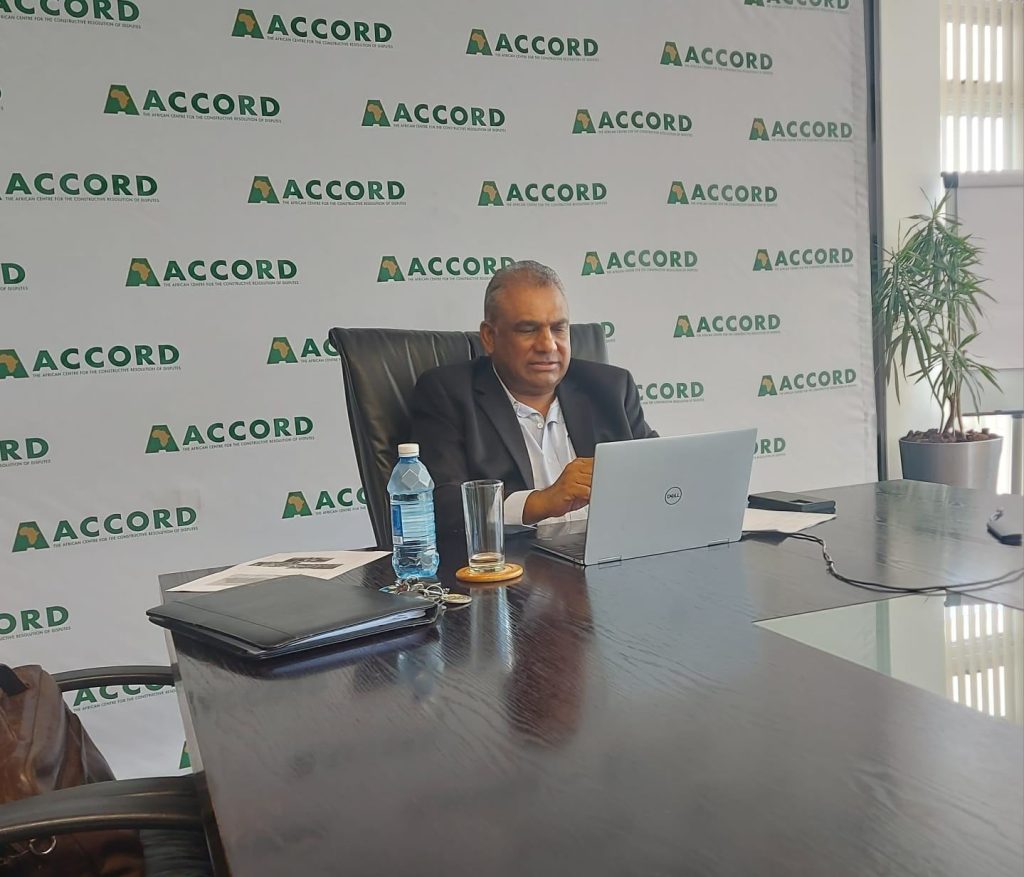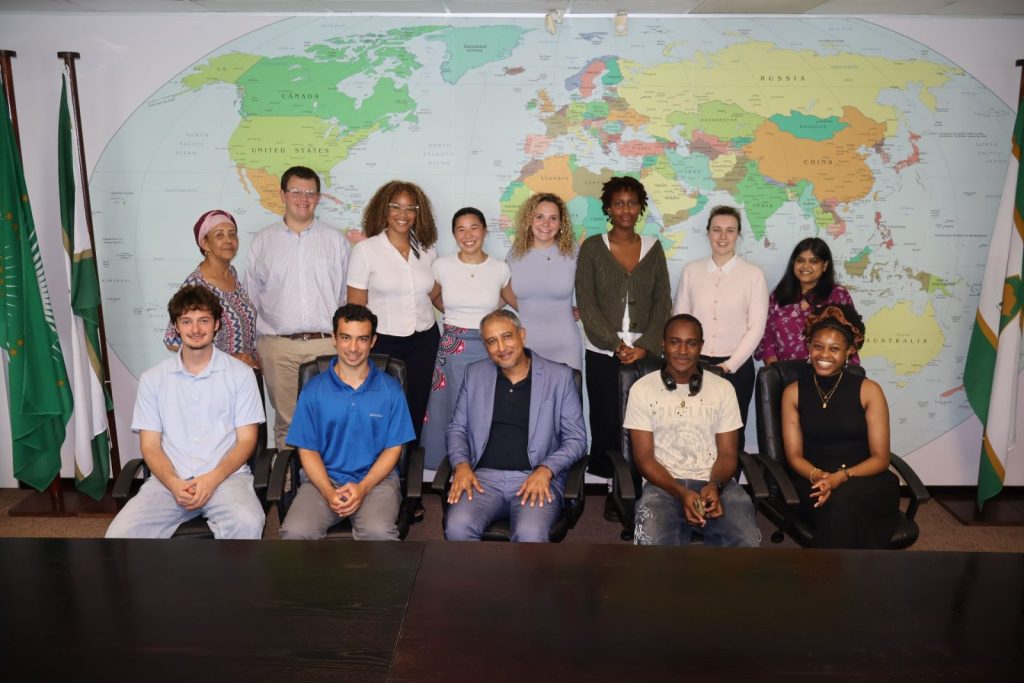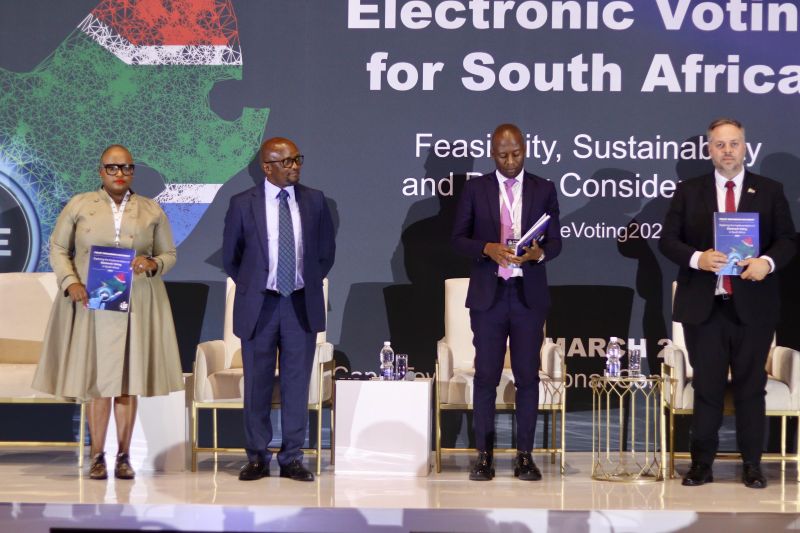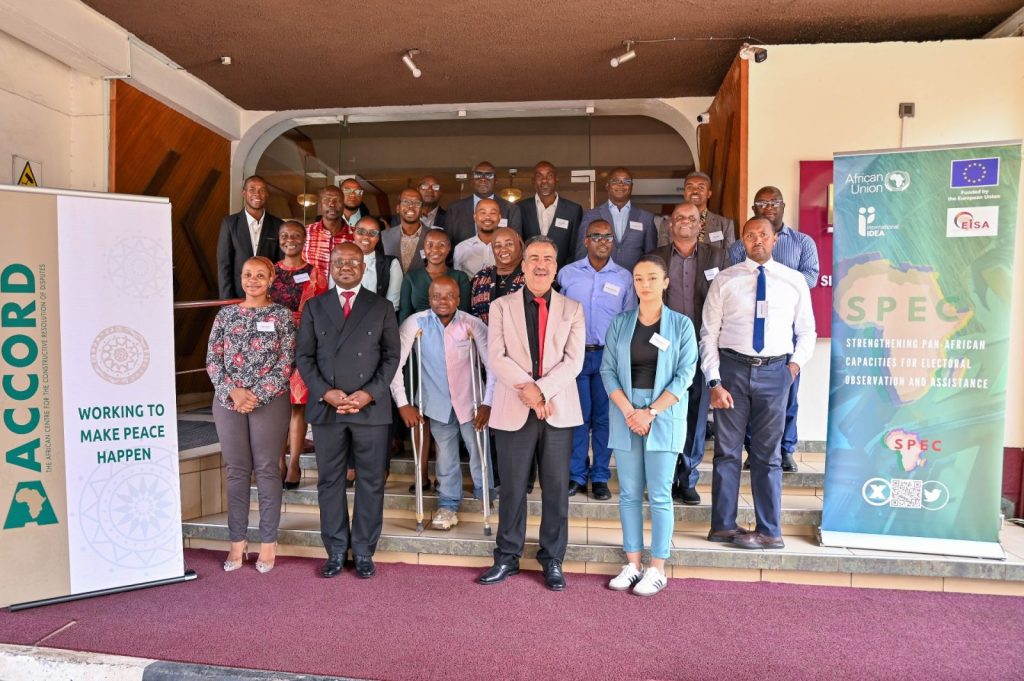The African Peace Support Trainers’ Association (APSTA) is a networking forum for the African peacekeeping training community, providing the African Union (AU) with multidimensional expertise on civilian, military and police dimensions from its pool of member institutions. The broad aim of the Association is to facilitate the development of African capacity for peace and security through coordination, advocacy, harmonisation and standardisation of training. As a member institution of APSTA, the Training for Peace in Africa Programme at ACCORD (ACCORD/TfP) participated in the 13th Annual General Meeting and conference themed “Beyond 2015: Enhancing Sustainable African Peace Support Operations (PSO) Capacities Through Effective Training, Research and Partnerships“.
The 13th Annual Conference and AGM was hosted by the Institute for Peace and Security Studies (IPSS) at Addis Ababa University from 7-9 September 2015. APSTA Honorary Member, Amb. Soad Shalaby and 14 Member institutions were in attendance. Other stakeholders in attendance were representatives of the African Union (AU) Commission, the United Nations (UN) Department of Peacekeeping Operations Department (DPKO), the United Nations Office to the African Union (UNOAU), and the European Union amongst others.
The AGM and conference theme was aligned to the theme of the 21st International Association of Peacekeeping Training Centres (IAPTC) of which APSTA is the African chapter. The theme of the 2015 IAPTC Conference was on “Enhancing the Effectiveness of Training through Partnerships, Integration and Evaluation“.
Issues discussed during the APSTA conference included – Concept to Practice: Integrated and Multidimensional African PSOs; Current trends in UN PKO: Implications for peacekeeping training; National Training Centre E-Learning Platform & POTI e-learning with classroom programmes; United States (US) African training partnerships; Status of operationalisation of the African Standby Force (ASF); updates on AMANI AFRICA II Field Training Exercise; Identifying Gaps, Challenges & Opportunities in ASF Operational Design; Impact of peacekeeping training on regional security; Emerging partnerships in peace operations; Strategic level PSO training within the Economic Community of West African States (ECOWAS) Framework; and Effective protection of Civilians (POC) training design.
The AGM deliberated on a number of proposals for strengthening APSTA. More specifically, it discussed, inter alia, a constitution for the association, and the implementation of the strategic plan for the association. These discussions aimed to create improved modalities for collaboration and coordination, both amongst member institutions, as well as between APSTA, the African Union (AU) and other external stakeholders and partners. ACCORD is currently serving in the Management Committee as the representative for member institutions from the Southern African Region.
The TfP Programme’s participation and engagement in the AGM and conference reflected and reinforced ACCORD’s commitment to strengthening civilian capacities for multidimensional peace operations in the continent, through its continuing support and its role within APSTA and the AU. This is particularly with regards to the civilian component in PSOs in the key areas of curriculum development, training analysis and delivery for current and future missions, including the ASF.
This engagement is in line with ACCORD/TfP’s specific objective to contribute to the improvement of civilian capacity for multidimensional and integrated PSOs in Africa, which includes assistance to the AU in their current missions, and the AU and Regional Economic Communities (RECs) in the development of the civilian structures of their standby forces and Planning Elements, for operationalisation of the ASF by 2015.
The Training for Peace Programme at ACCORD is an initiative funded by the Norwegian Ministry of Foreign Affairs.

